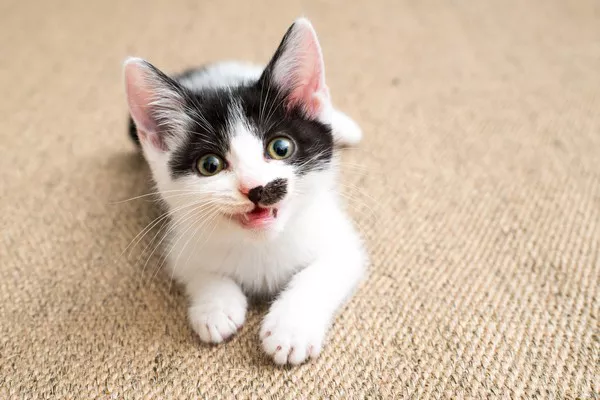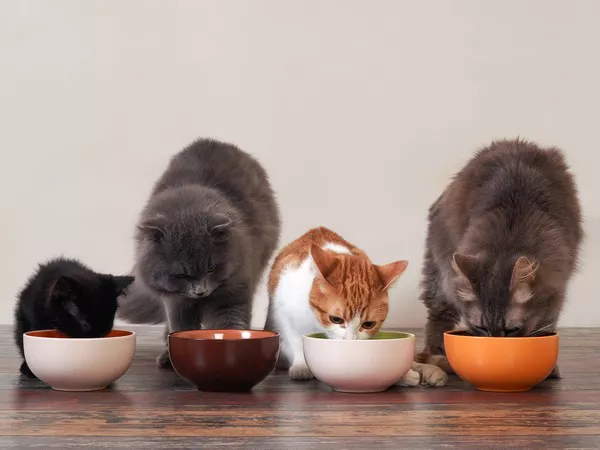Rabbits are delightful pets known for their gentle nature and adorable appearance. However, their delicate dental health requires diligent care. When a rabbit has dental issues, it can significantly impact its overall well-being. Understanding how to properly feed a rabbit with bad teeth is essential to ensure they receive the nutrition they need without causing further discomfort or complications.
Understanding Rabbit Dental Health
Rabbits have a unique dental structure that is continuously growing. Their teeth grow approximately 2mm each week. This constant growth is a natural adaptation to their high-fiber diet, which naturally wears down their teeth. A rabbit’s dental anatomy includes:
Incisors: The most visible teeth at the front, used for cutting food.
Premolars and Molars (Cheek Teeth): Located at the back, these teeth grind down food.
Dental health is paramount for rabbits because any misalignment or overgrowth can lead to severe issues, such as malocclusion (misaligned teeth), which can prevent rabbits from eating properly and lead to secondary health problems, including gastrointestinal stasis—a potentially life-threatening condition.
Identifying Dental Problems
Detecting dental issues early can prevent severe health complications. Common signs and symptoms include:
Difficulty Eating: Rabbits may struggle to pick up or chew food.
Drooling: Excessive saliva can indicate discomfort or pain.
Weight Loss: A direct consequence of not being able to eat enough.
Selective Eating: Favoring softer foods or avoiding certain types.
Facial Swelling: Can indicate an abscess or infection.
Changes in Fecal Output: Smaller, fewer, or misshapen droppings.
Behavioral Changes: Reduced grooming, lethargy, or irritability.
If you observe any of these signs, immediate veterinary consultation is crucial.
Veterinary Care
When a rabbit shows signs of dental problems, professional veterinary care is essential. A veterinarian will perform a thorough oral examination, often requiring sedation for a complete view. Diagnostic tools may include:
Dental X-rays: To visualize tooth roots and bone structures.
Endoscopy: For a detailed examination of the mouth.
Treatment options vary depending on the severity of the dental issue and may include:
Tooth Trimming or Filing: To correct overgrown teeth.
Extractions: In cases of severe malocclusion or infection.
Abscess Treatment: Often involving drainage and antibiotics.
Ongoing care is critical, including regular dental check-ups and adjustments as needed.
Dietary Adjustments
Feeding a rabbit with dental problems requires careful dietary adjustments to ensure they receive adequate nutrition while avoiding further dental stress. Key modifications include:
Soft Foods: Introduce soft, easy-to-chew foods such as pureed vegetables and fruits. Suitable options include:
- Pureed carrots and pumpkin.
- Mashed bananas and apples.
- Cooked and mashed leafy greens like spinach and kale.
Critical Care Formulas: These are specially formulated to provide complete nutrition in a form that is easy for rabbits with dental issues to consume. They can be mixed with water and syringe-fed if necessary.
Avoiding Hard Foods: Hard pellets and crunchy vegetables should be avoided as they can exacerbate dental issues.
High-Fiber Diet: Maintain a high-fiber diet with hay and leafy greens, ensuring they are chopped finely or pureed to prevent difficulty in chewing.
See Also:Can a Rabbit Eat Without Teeth?
Feeding Techniques
Hand-Feeding Tips:
- Offer small, manageable portions of soft food directly from your hand.
- Use a spoon or small dish to assist with feeding if necessary.
Using Syringes for Critical Care Formulas:
- Mix the critical care formula with water to the recommended consistency.
- Use a large syringe (without the needle) to draw up the mixture.
- Gently insert the syringe into the side of the rabbit’s mouth and slowly administer the food, allowing the rabbit to swallow naturally.
Frequency and Portion Control:
- Feed small amounts frequently throughout the day to ensure consistent intake without overwhelming the rabbit.
- Nutritional Support
- Essential Nutrients and Supplements to Support a Rabbit’s Health During Dental Recovery
Ensuring your rabbit receives the necessary nutrients during dental recovery is vital. Key nutrients include:
Fiber: Essential for digestive health. Offer finely chopped hay or critical care formulas high in fiber.
Vitamins and Minerals: Provide a balanced diet with sufficient vitamins and minerals. Supplement with vitamin drops if necessary.
Hydration: Maintain adequate hydration by providing fresh water at all times. Consider offering water-rich foods like cucumbers and leafy greens.
Probiotics: These can help maintain a healthy gut flora, which is crucial during periods of dietary change.
See Also:Can I Give My Rabbit Probiotics?
Home Care
Providing a stress-free and comfortable environment is essential for a rabbit recovering from dental issues. Tips include:
Comfortable Bedding: Use soft bedding materials to prevent pressure sores and encourage rest.
Stress Reduction: Minimize loud noises and sudden movements to keep your rabbit calm.
Easy Access to Food and Water: Place food and water dishes within easy reach to encourage consumption.
Regular Monitoring: Keep a close eye on your rabbit’s eating habits and behavior, noting any changes or concerns.
Preventive Measures
Preventing dental issues in rabbits involves a combination of diet and environmental enrichment:
Appropriate Chew Toys: Provide a variety of safe chew toys to help wear down teeth naturally.
High-Fiber Diet: Ensure a diet rich in hay and leafy greens to promote natural tooth wear.
Regular Veterinary Check-Ups: Schedule regular dental exams to catch potential issues early.
Monitor Dental Health: Regularly inspect your rabbit’s mouth for signs of overgrowth or misalignment.
Monitoring and Follow-Up
Consistent monitoring of your rabbit’s dental health is crucial for early detection and management of issues. Follow these guidelines:
Regular Weight Checks: Monitor your rabbit’s weight weekly to detect any loss early.
Observe Eating Habits: Watch for changes in eating patterns or preferences.
Check Droppings: Regularly inspect fecal output for signs of digestive issues.
Routine Dental Exams: Schedule follow-up visits with your veterinarian to ensure ongoing dental health.
If you notice any recurrence of symptoms or new signs of discomfort, seek veterinary assistance promptly.
Conclusion
Caring for a rabbit with dental issues requires a multifaceted approach that includes understanding their dental anatomy, recognizing signs of problems, seeking professional veterinary care, making appropriate dietary adjustments, and providing supportive home care. By following these guidelines, you can help ensure your rabbit maintains a good quality of life despite dental challenges. Regular monitoring and preventive measures will contribute significantly to the long-term health and happiness of your rabbit.
Related Topics:
























